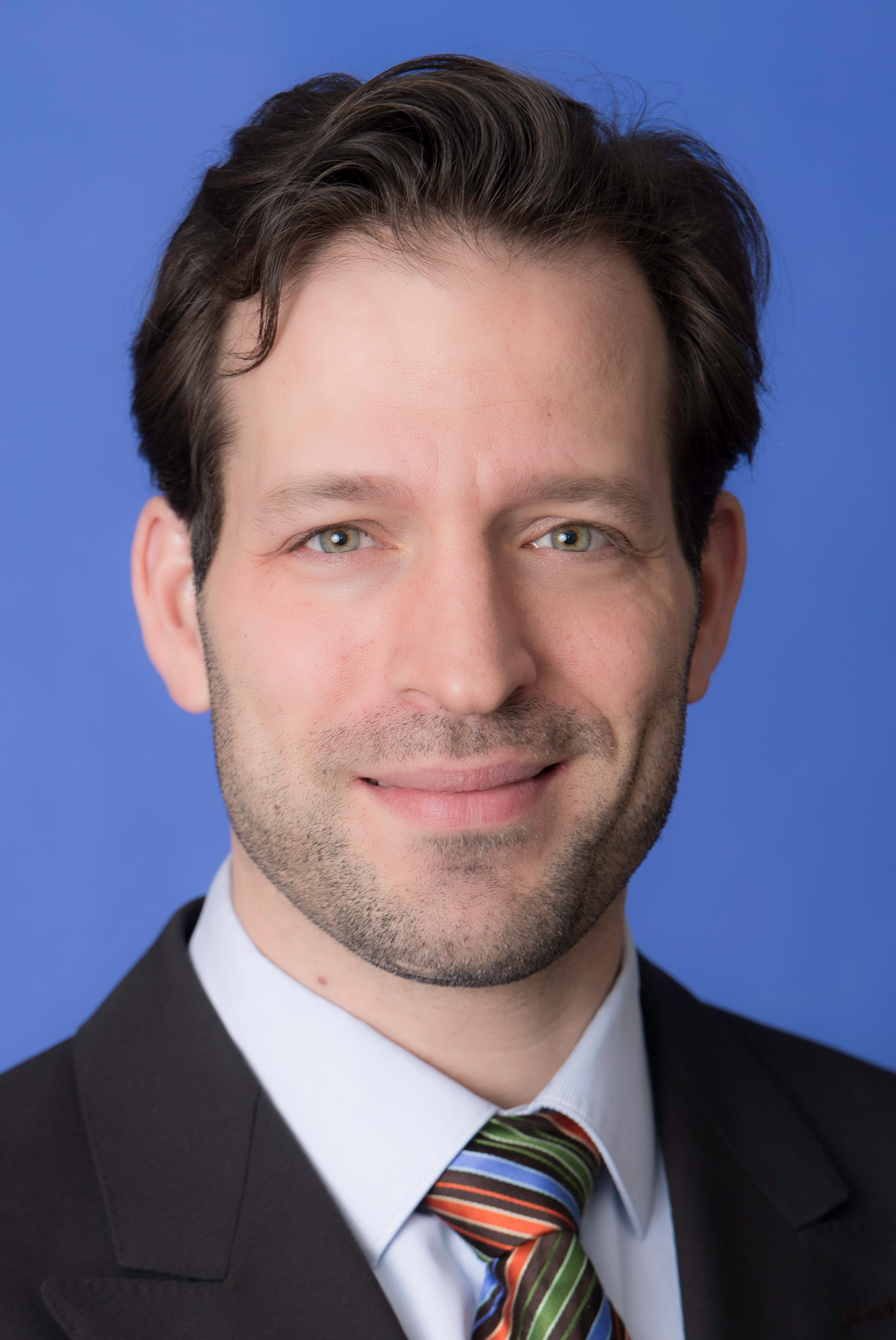Experts
Cornelius Adebahr

Former Nonresident Fellow, Carnegie Europe
About
Cornelius Adebahr is no longer with Carnegie Europe.
Cornelius Adebahr was a nonresident fellow at Carnegie Europe. His research focuses on foreign and security policy, in particular regarding Iran and the Persian Gulf, on European and transatlantic affairs, and on citizens’ engagement.
Adebahr has been the owner of a political consultancy in Berlin since 2000. Among his clients are government institutions and foundations as well as not-for-profit associations and companies. In addition, he is an associate fellow at the Research Institute of the German Council on Foreign Relations (DGAP), a fellow at the Hertie School of Governance in Berlin, and a member of Team Europe, an experts’ network of the European Commission in Brussels.
Since 2005, he has taught as a lecturer at various international universities, including the Willy Brandt School of Public Policy in Erfurt, Tehran University in Iran, and the School of Foreign Service at Georgetown University in the United States. He is the author of Europe and Iran: The Nuclear Deal and Beyond (Routledge 2017) and Learning and Change in European Foreign Policy: The Case of the EU Special Representatives (Nomos 2009)
Adebahr has been awarded academic and professional scholarships inter alia from German National Academic Foundation, Fulbright Commission, Robert Bosch Foundation, and Volkswagen Foundation. He is a frequent commentator for major German and international print, radio, and television media outlets, including the BBC, NPR, and POLITICO. He has also testified before the Committee on Foreign Affairs of the European Parliament and provided written evidence to the UK House of Lords.
Areas of Expertise
Education
MA (Magister), Free University Berlin, PhD (Dr. rer. pol.), Free University Berlin
Languages
English, French, German, Spanish